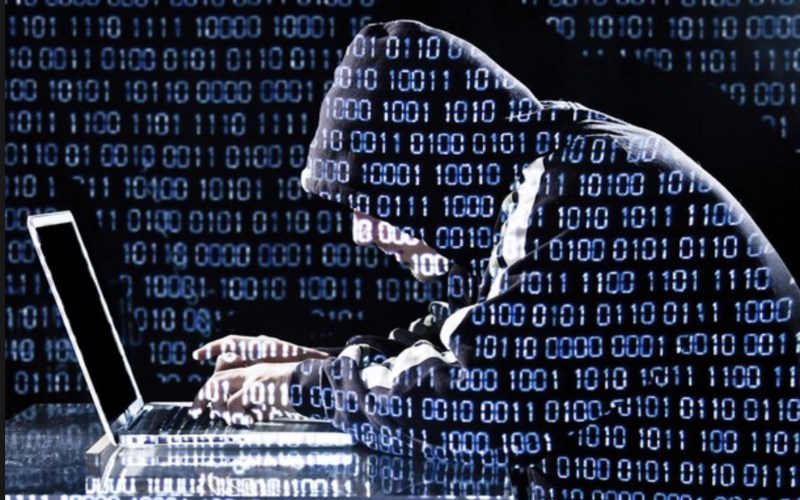In a recent interview with American Family News, retired CIA officer David Sauer said "it's hard to draw a firm conclusion" regarding possible collaboration between Russia and China in a major cyberattack that occurred prior to the current conflict in Eastern Europe.
Evan Anderson, CEO of INVNT/IP, an organization that fights state-sponsored intellectual property (IP) theft, agrees, telling AFN that "attribution is difficult [because] false flags are easy to set up on the cyber world." And while proving China launched the attacks would be difficult, Anderson contends "it is hardly difficult to believe."
"While Russia's cyber capabilities are significant, Ukraine has spent years preparing for Russian cyberattacks in the event of an invasion," he points out. "[So] it isn't hard to envision, from a strategic level, why Russia might recruit help from elsewhere if possible."
On the one hand, Anderson shares, "many cyber operators in China are also part of the criminal underground and are contracted by the government for specific tasking" – but on the other, "[cyber operators may actually] work for the government and moonlight in cybercrime." In either case, he explains, "a large degree of plausible deniability" is provided.
Staging the future
"[The Chinese regime has] made it clear that they intend to pursue a strategy of public ambivalence and private quiet assistance to Putin during this invasion," Anderson argues. "This is playing out on many fronts with feints by the People's Republic of China [PRC] to attempt to look impartial while Chinese Communist Party [CCP] propaganda is parroting or supportive of Russian messaging and behind-the-scenes economic help appears both likely and probable."
He continues: "China benefits greatly from an authoritarian Russia that is constantly working to simultaneously create chaos in Europe and act as an example that regimes built on modern fascism, genocide, and an oppressive police state are viable.
"What is more," Anderson contends, "China likely sees an advantage to the setting of a precedent that such a state can invade its neighbors without serious repercussions in the international community."
He adds that "it's pretty easy to see why – despite the potential surprise of how strongly NATO has reacted to the invasion in Ukraine – China would wish to see Putin succeed as a conduit to an international precedent for its own underlying goals when it comes to ethnic cleansing, mass murder, and its desire to invade or otherwise occupy Taiwan."
Drawing lines
It is clear to Anderson that in the current political climate, battle lines are being drawn – yet again – between two ideologies from amongst the world's large powers.
"[It's] a conflict between freedom and oppression, democracy and authoritarianism, those who believe in human rights and those who commit genocide," he summarizes.
To avoid mistakes of the past, Anderson says Russian and Chinese leadership must be recognized for what they are: "increasingly militaristic cabals aimed at oppressing a huge number of the world's people."
"It is well past time to stand up to these petty tyrants," he concludes.







